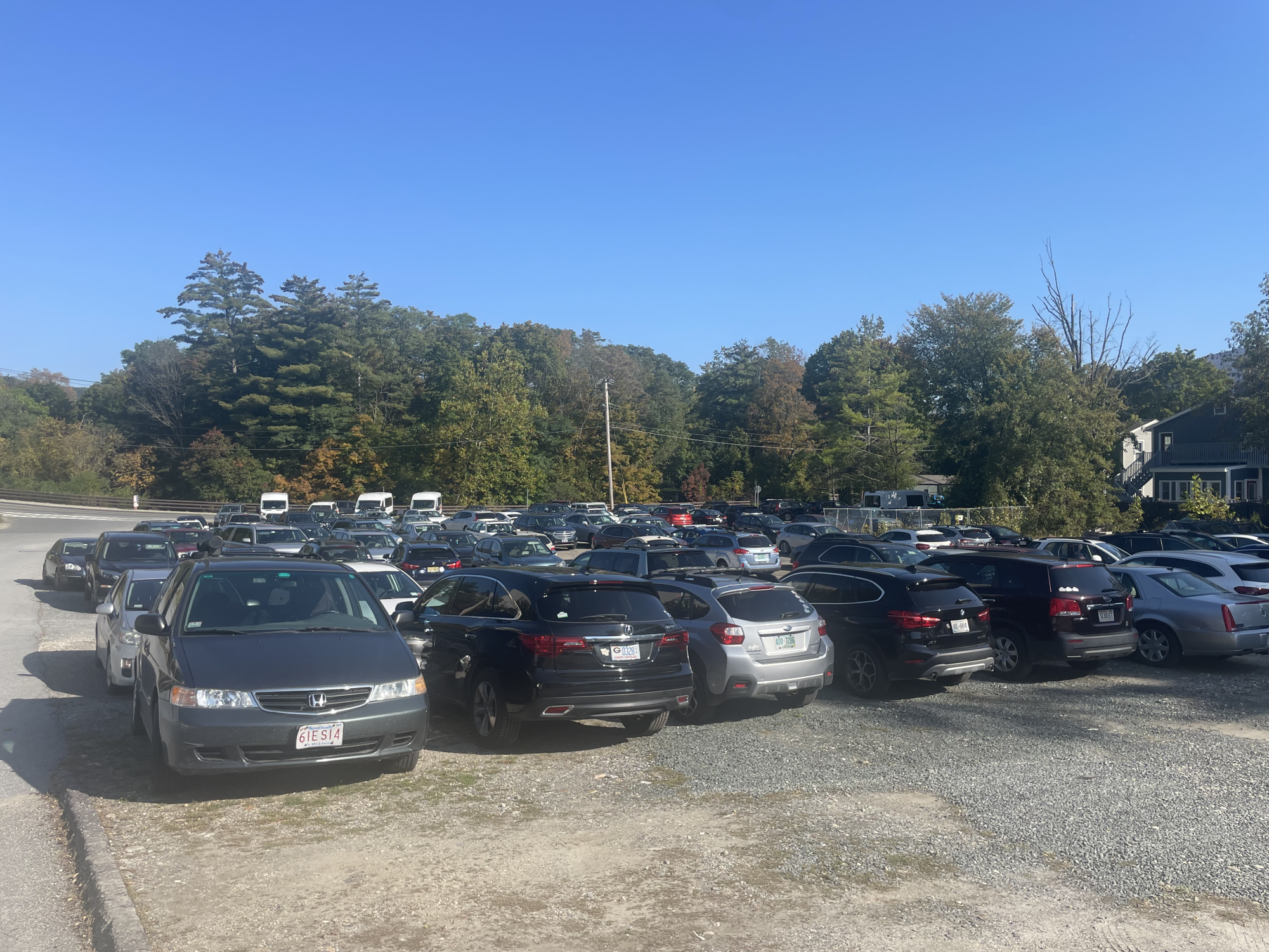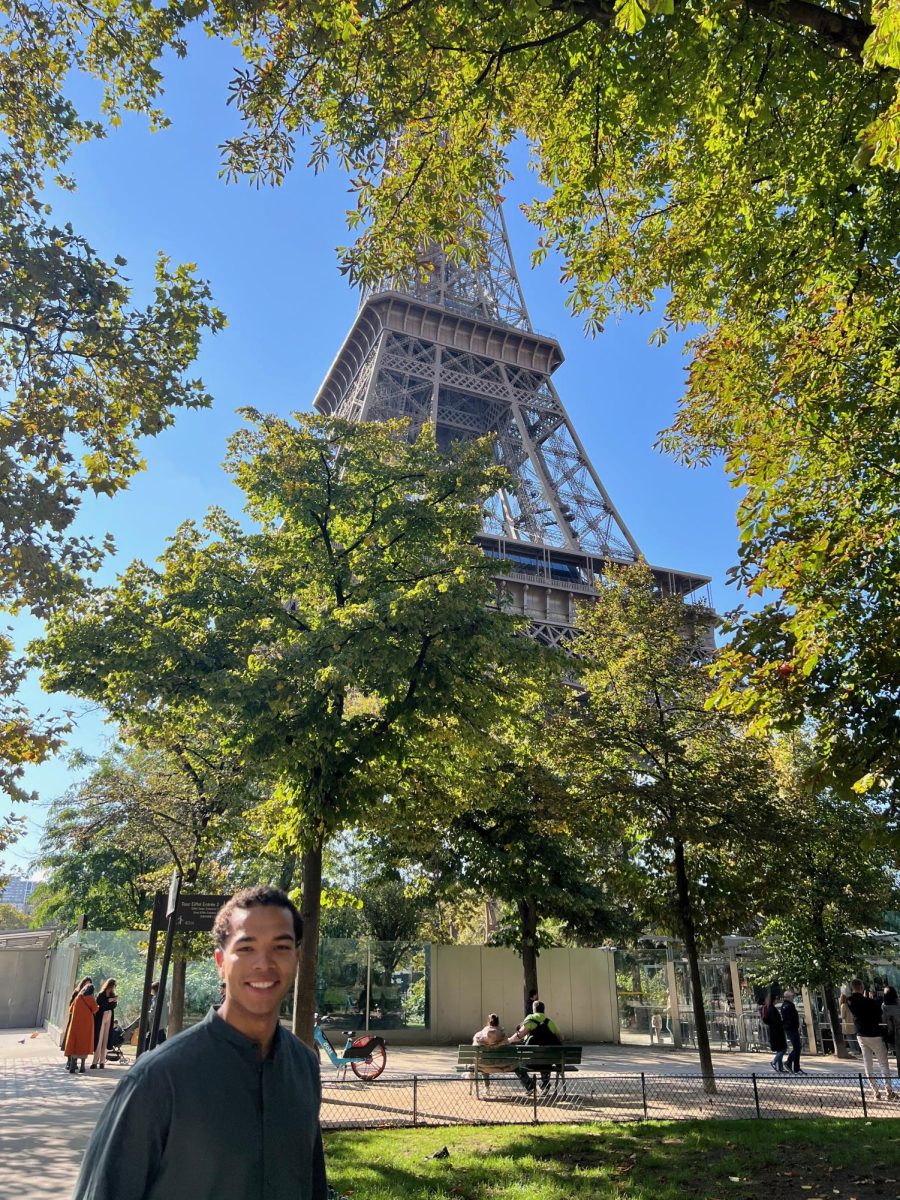
College students who have cars are presented with a long-standing mystery every time they park. That is, if they use the unticketed and seemingly unregulated “dirt lot” located behind Driscoll Dining Hall at 15 Water St. It’s a popular choice for students who were assigned inconvenient College-sanctioned parking spots and hope to park closer to Currier Quad, but no one really seems to know anything about the dirt lot, except that it faithfully holds their cars, day in and night out. Who owns it? Why isn’t it ticketed? If it’s College property, why does the College appear entirely unconcerned by students’ use of the lot?
The answer to all three is actually quite simple: The College doesn’t own the dirt lot. According to public property records, the land is owned by the Town government. It previously housed a garage for public works vehicles. After the building was deemed too old and dangerous for continued use, it was condemned in 1997 and torn down in 2003, according to iBerkshires.
Now knowing this information, College students may be asking a new set of questions about the dirt lot: Why hasn’t the Town repurposed the land in the last 20 years? Why don’t they regulate parking there?
Even the Williamstown Planning Board is confused. “Honestly, the Town Garage site is probably as much of a mystery to me as it is to the students,” Professor of Economics Ken Kuttner, a member of the board, wrote in an email to the Record. “Some of us on the Planning Board are frustrated by the lot’s underuse.”
According to Community Development Director Andrew Groff, the Town has received requests to repurpose the lot for housing, commercial, and mixed-use development projects, but none have been successful.
For example, after the closure of the Spruces Mobile Home Park in 2016, 15 Water St. and 330 Cole Ave. were floated together as a possible replacement site, but Berkshire Housing Development Corp., the project’s developer, opted to just build affordable apartments on Cole Avenue. “That left 15 Water St. kind of marooned,” Groff said.
It turned out to be a stroke of good luck that the dirt lot wasn’t converted into a mobile home park in 2016, given that the College dug up portions of the space to replace an undersized culvert to improve drainage along Latham Street, Water Street, and Meacham Street in 2018, Groff said. “It would have made it much more difficult for Williams to improve the stormwater infrastructure for the southern part of campus and downtown,” he explained.
But now that the culvert is in place, the dirt lot is once again available and waiting for development, Groff said.
To Groff, the lack of development at 15 Water St. is a shame for Williamstown. “Long term, we’ve got to do something productive with it,” he said. “Right now, it’s kind of a gap. You’ve got Cable Mills, you have the Grill, and Hot Tomatoes will hopefully come back in some form. Then, you get to the bridge to the swimming hole or the playground, and there’s nothing there. There’s nothing to draw you up to the gallery and Provisions and Gramercy [Bistro].”
According to Paul Harsch ’69, a real estate broker and longtime Town resident, the Water Street site hasn’t been developed because, quite simply, it isn’t useful to the Town.
Harsch said that he believes the Town’s energy is currently concentrated on the construction of the new fire station, and the small size and location of the dirt lot don’t necessarily lend themselves to retail development. “Other than Spring Street, which is quite strong and vibrant, and a little bit of Water Street, I don’t see that there could be demand for new stores that could thrive,” he said.
Harsch speculated that as the College designs a replacement for Towne Fieldhouse, which was closed indefinitely last spring, the land may be of interest to the school. “This former garage site would be a logical place to add parking,” he said.
One mystery about the dirt lot still remains: Why are parking fees not enforced?
Williamstown Police Chief Mike Ziemba explained that the answer is simple: The Town doesn’t see a need to. “The Town manager’s attitude is there’s not ample parking on Spring Street, so we just use [the dirt lot] as an overflow lot and let people use it for what they need it for until there’s a specific use for it,” he told the Record.
That’s been true for the last few years since various Town construction projects around Water Street ended. “Years ago, we used to enforce overnight parking in that lot in an effort to keep it clear when there was construction,” Ziemba said. Now, though, it seems the lot will remain unticketed indefinitely, or at least until the Town decides to do something with it, which as Groff and Harsch noted, could be a long time.
Until then, the lot remains a perfectly legal spot to stash a car, and thus, it seems that College students have lucked into a free, convenient parking lot.








